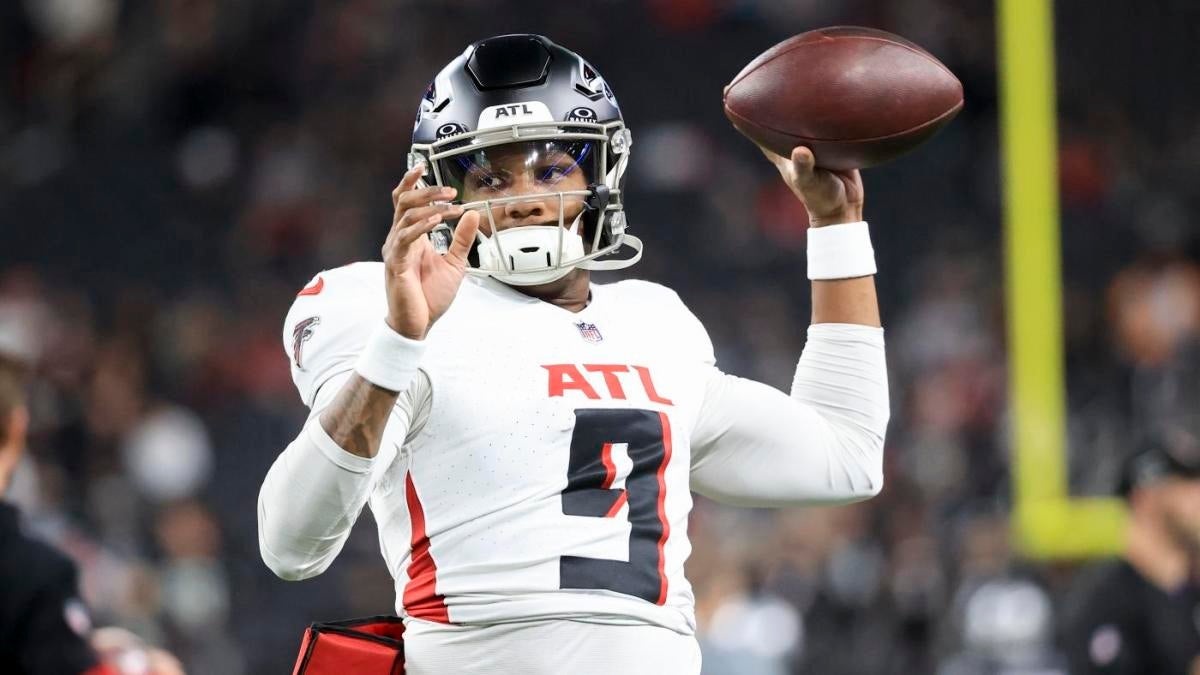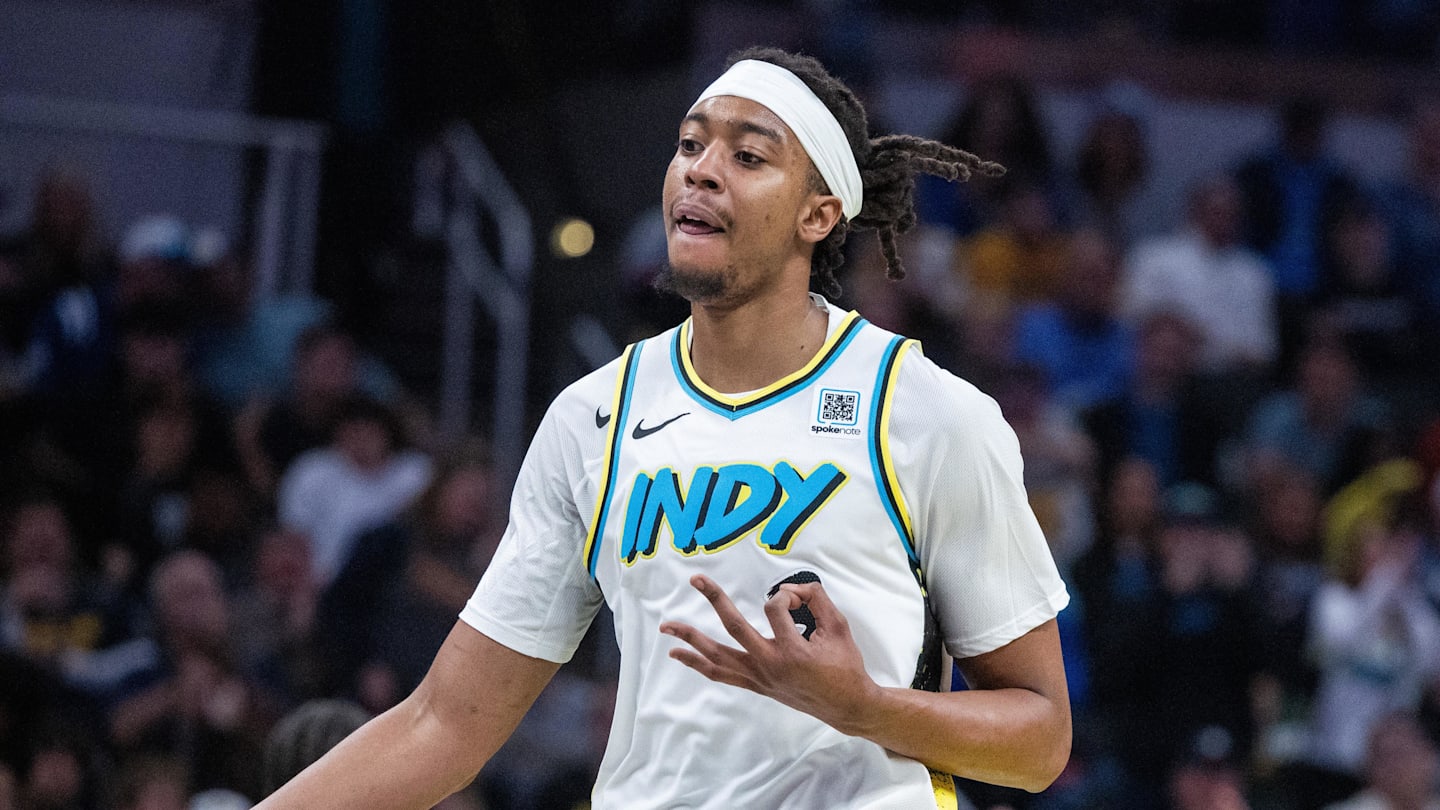Sports
Ex-WH censorship chief gripes Harris couldn’t get booked on sports podcasts during failed presidential bid

WASHINGTON — The former top White House official charged with pushing for online censorship complained in a new interview that Vice President Kamala Harris couldn’t get booked on many sports podcasts during her failed presidential bid.
Rob Flaherty, who served as Harris’ deputy campaign manager after pressing social media companies to remove alleged misinformation as the Biden White House’s director of digital strategy, revealed the snub in an interview with Semafor.
“Sports and culture have sort of merged together, and as sports and culture became more publicly and sort of natively associated with this Trump-conservative set of values, it got more complicated for athletes to come out in favor of us,” Flaherty said.
“It got more complicated for sports personalities to take us on their shows because they didn’t want to ‘do politics.’”
Flaherty then added: “That’s not to say Steph Curry and Steve Kerr and LeBron [James] and all them coming out wasn’t impactful or important. It was more impactful because it had gotten so much harder. But certainly the culture that has been associated with heavy sports-watching has become associated with right-wing culture in a way that makes it harder for us to reach people.”
He did not specify which podcasters snubbed Harris, 60, who frequently speaks of her fandom of the Golden State Warriors — though Semafor’s Max Tani notes she did not appear even on seemingly sympathetic programs hosted by Colin Cowherd, Bill Simmons and brothers Travis and Jason Kelce.
She did appear on “All The Smoke” with Matt Barnes and Stephen Jackson in September.
Flaherty, 33, also gave unexpected praise to President-elect Donald Trump for reaping massive publicity by working a shift at McDonald’s — despite the stunt having been designed to call attention to Harris’ contested claim that she worked at the fast-food franchise in her youth.
“When Trump did the McDonald’s thing, it was smart, because it was a thing that obviously drove television coverage, but it also drove social media engagement too,” Flaherty said.
“And those things often happen in tandem, but they don’t always, and so it was the sweet spot. It drove traditional coverage and nontraditional media. I don’t think TV is dead. It’s still probably the most important thing, but it’s the literal TV and what’s on it that matters.”
The ex-White House misinformation czar also gave blunt remarks about the evolving media ecosystem — dissing the relevance of the nation’s top newspapers.
“There’s just no value — with respect to my colleagues in the mainstream press — in a general election, to speaking to the New York Times or speaking to the Washington Post, because those [readers] are already with us,” he said.
“The reason folks are seeking alternative sources of media and are turning away from political news is because they don’t trust our institutions. They don’t trust elites, they don’t trust the media, they don’t trust all this stuff. So the party of elites and institutions is going to have a hard time selling to people in these places,” he went on.
“It’s not as simple as, like, ‘Go to Joe Rogan and talk about how great democracy is and the importance of preserving the independence of the DOJ,’ or whatever. You’ve got to speak their language,” he added.
“And I think there are plenty of cultural touchpoints. I mean, Joe Rogan was, at least recently, for Medicare for All. Theo Von is really against money in politics and the way that pharma has flooded our communities with opioids,” Flaherty concluded.
“Those are all things that Democrats have something to say on. But as long as we seem like the party of the system, the people who are anti-system and are looking for anti-systemic media — we’re gonna have a hard time connecting with them.”










